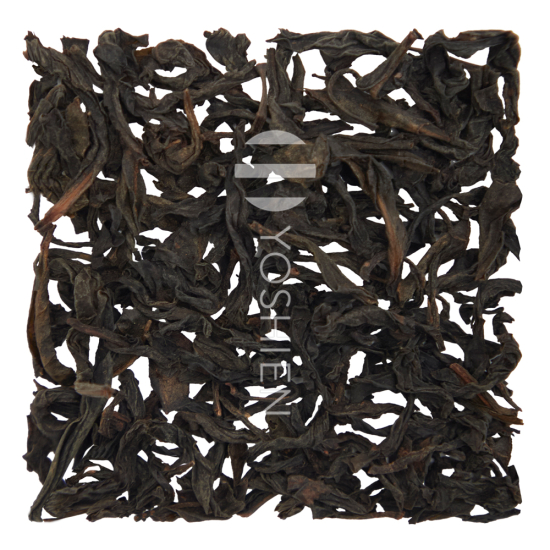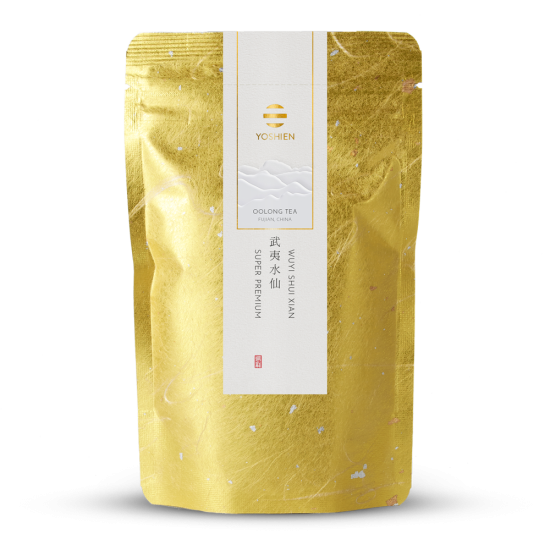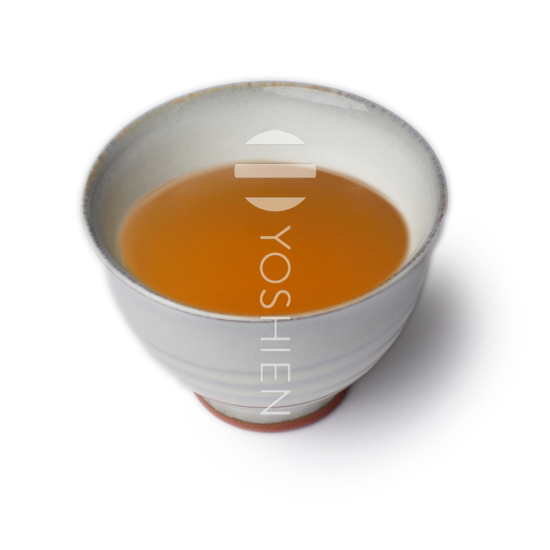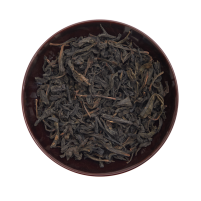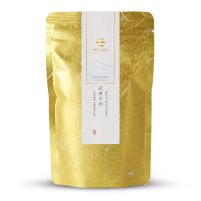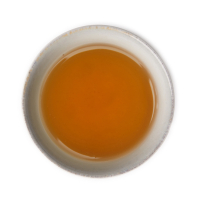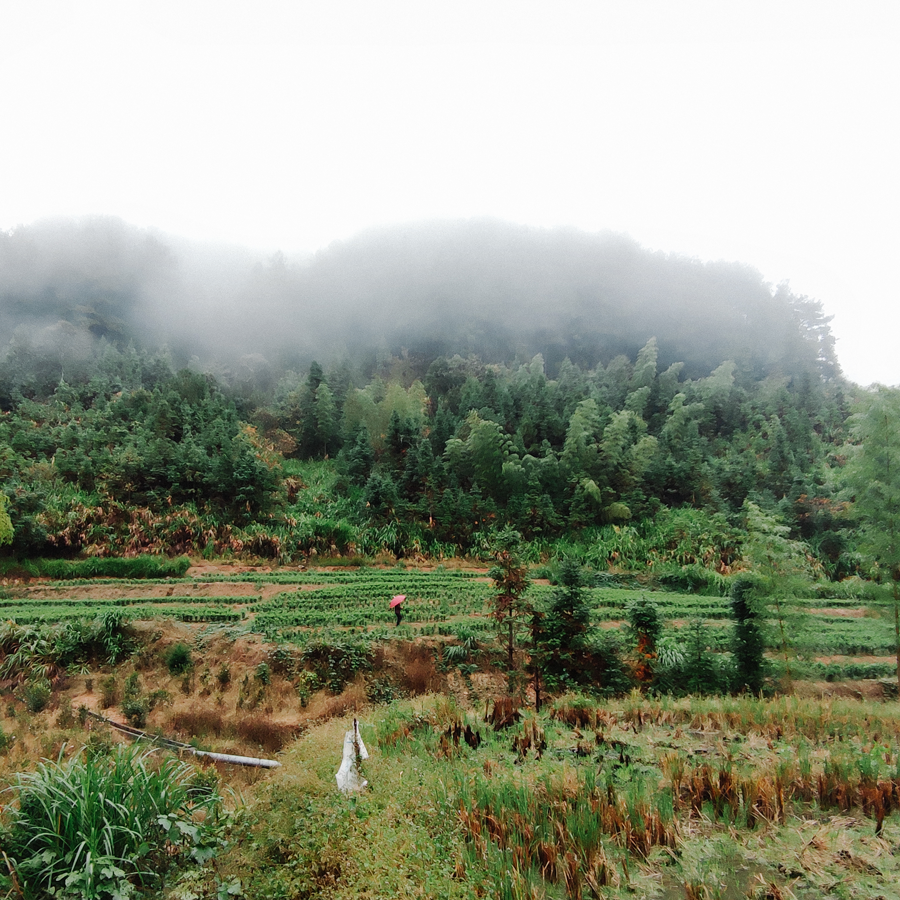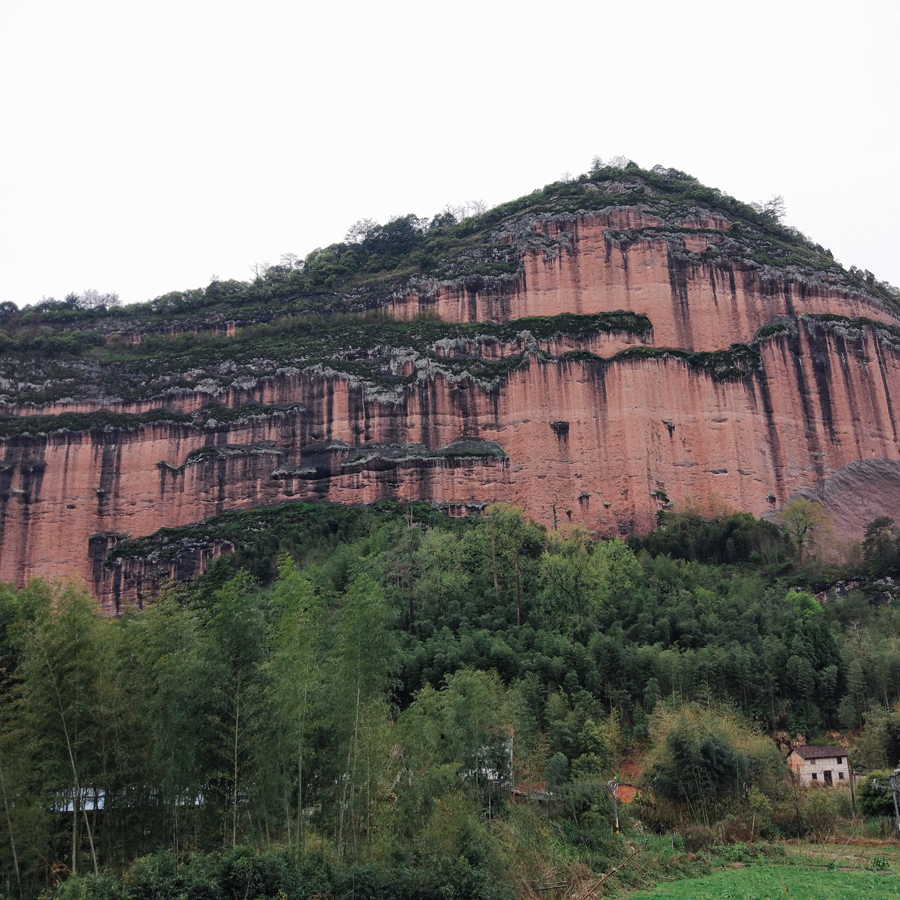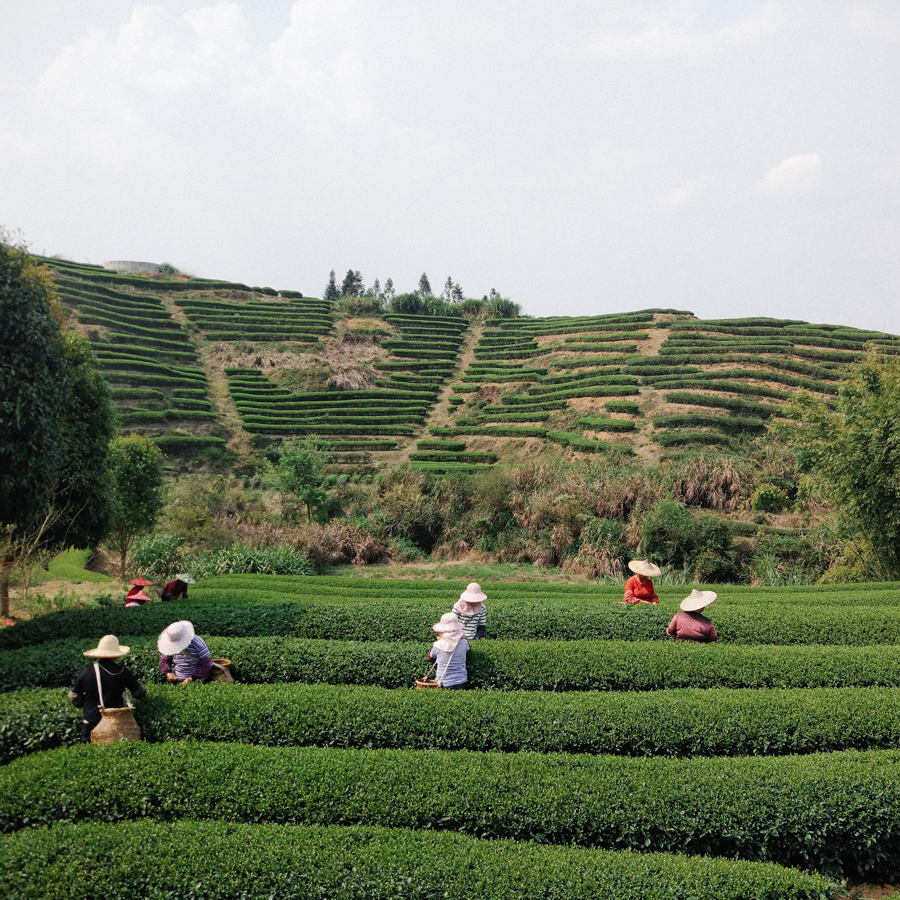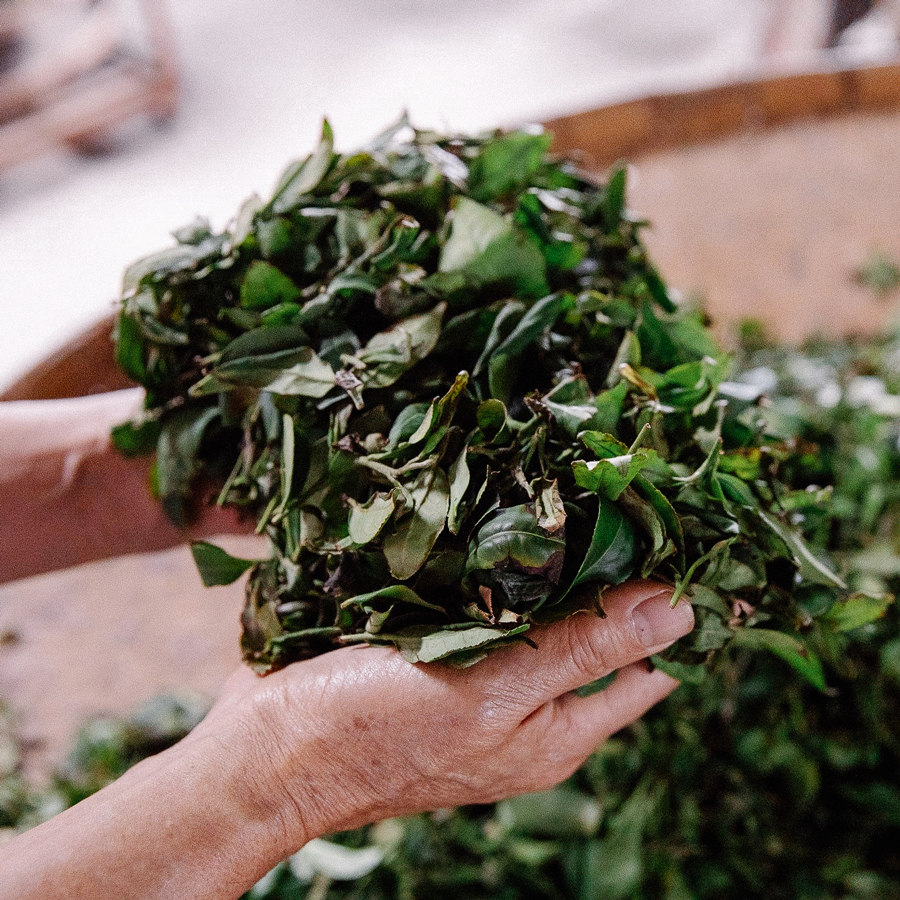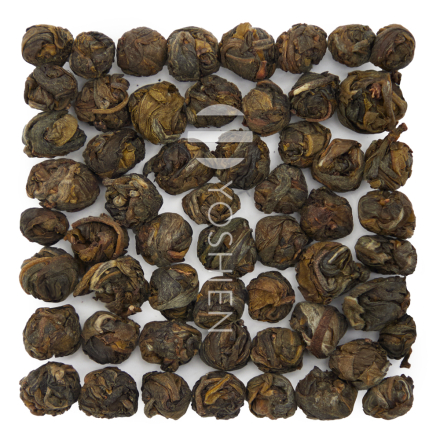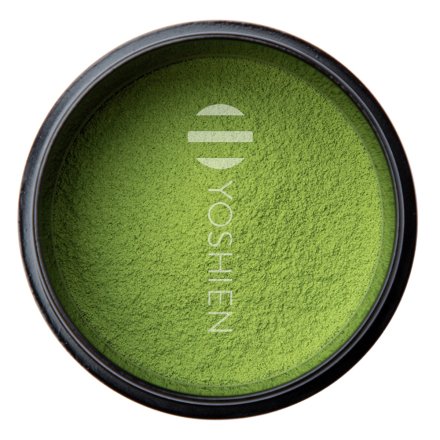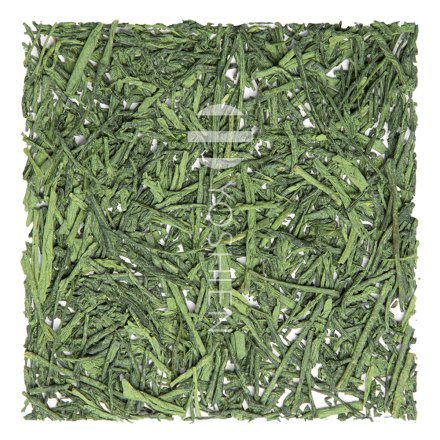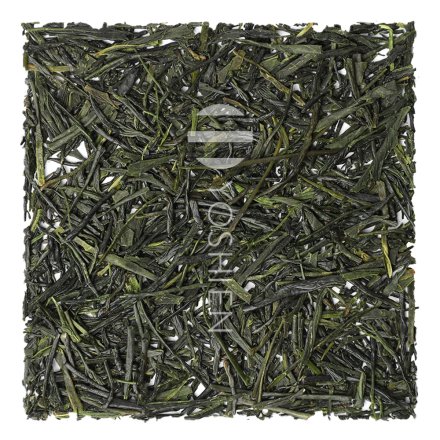Special features in location, cultivation and processing
Rock tea oolong, also known as Yancha (岩茶), is one of China’s most distinctive tea varieties and originates from the Wuyi Mountains in Fujian. This region is renowned for its steep cliffs and mineral-rich soils, which impart a unique depth and structure to the tea plants – a quality known as “rock rhyme” (岩韵, Yan Yun). Well-known cultivars such as Da Hong Pao, Rou Gui, and Shui Xian are exemplary of this category, distinguished by their semi-oxidised character and the characteristic charcoal roasting typical of Yancha.
Shui Xian (水仙), translated as “Water Fairy” or “Narcissus,” is one of the oldest and most significant cultivars of Wuyi Rock Tea. Thanks to its resilience and adaptability, Shui Xian spread over the centuries to other tea regions such as Guangdong and Taiwan. Within the rock tea culture, it holds a central role: while rare varieties like Da Hong Pao are often associated with prestige, Shui Xian is a traditional Yancha cultivar cultivated in larger quantities, perhaps most authentically embodying the mineral depth and authenticity of this unique tea category.
The harvest of our tea is done by hand, typically using the bud and the first three leaves. After harvesting, the leaves are withered in the sun, which removes moisture and begins a light oxidation process. The leaves are then taken out of the sun and further withered in a farm building, where they are repeatedly moved and agitated. Small tears on the tea leaves, especially along the edges, cause cell sap to seep out and oxidize with the oxygen in the air. This process can take up to two days.
In the next stage, oxidation intensifies. The leaves rest on bamboo trays in a ventilated chamber, depending on the quantity, and develop a reddish-brown colour at the edges.
Once the desired level of oxidation is achieved, the oxidation process is halted in an oven through heat (Kill Green). The leaves are then rolled and twisted, distributing the aromatic cell sap across the leaves, where it hardens. Through rolling, the tea acquires its characteristic twisted shape. The next step involves gently roasting the tea over hardwood charcoal multiple times. Each roasting session lasts between eight and twelve hours. Days may pass between these roasting sessions. Finally, after cooling, the leaves are carefully sorted according to quality.
Single Origin
This tea comes 100% from the above-mentioned tea field in Wuyi, sourced directly from the tea farmer.



